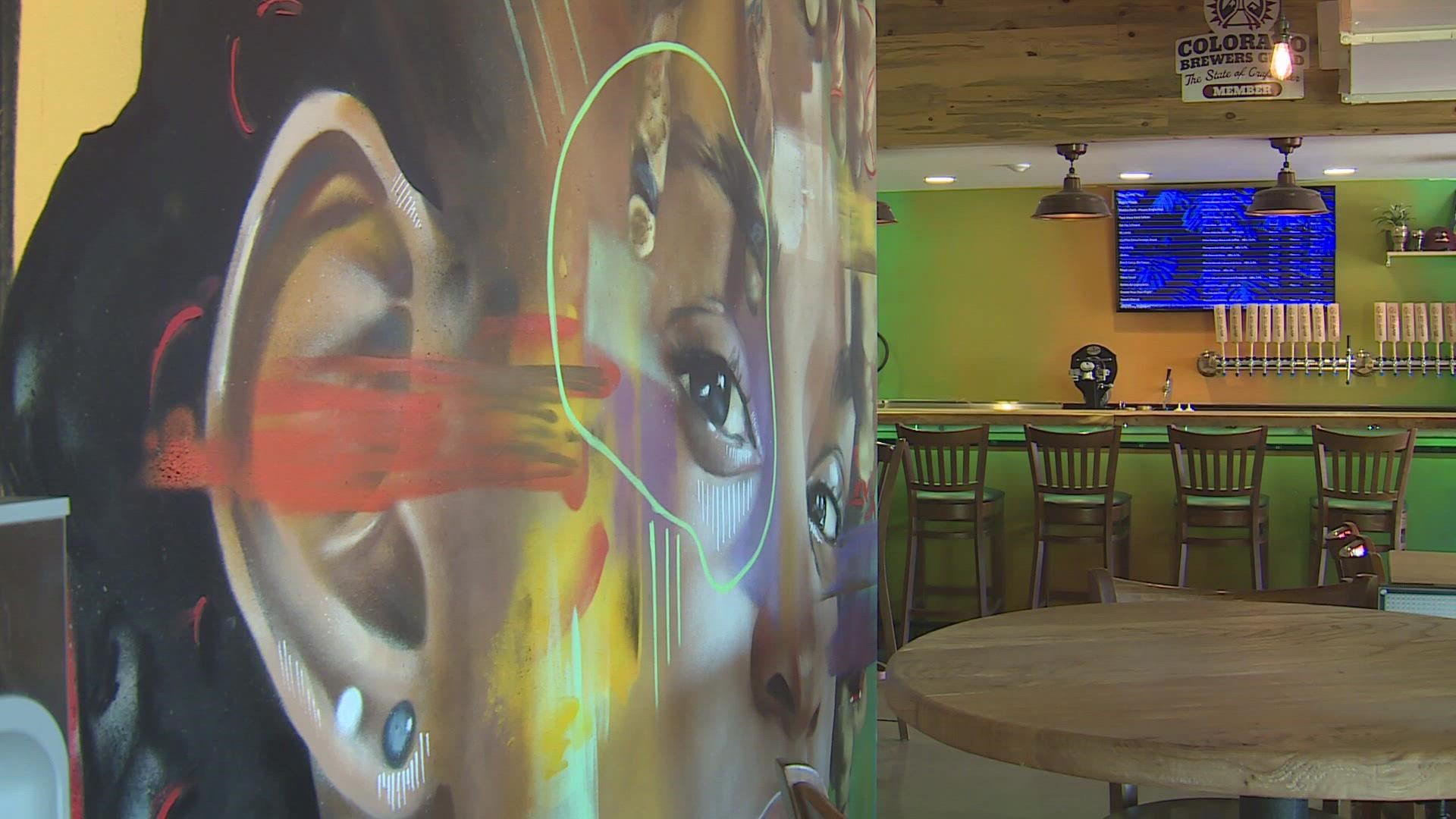DENVER — In Colorado, 92% of breweries are owned by someone who is white. To find out why all you have to do is look at American history.
Dr. J Jackson-Beckham is the Brewers’ Association Equity and Inclusion partner. She says the diversity issue within the brewing industry can be traced back to the microbeer revolution, back in the 1960's and 1970’s.
During that era, the United States was still in the process of desegregating schools, had redlining and prevalent discrimination. That meant fewer opportunities for women and for people of color.
“What you see is folks, men of means, white men, who were able to open that door,” said Jackson-Beckham.
Decades later, the lending discrimination of the microbrew revolution has turned into a systemic problem. Those who suffered discrimination back then, were unable to gather wealth and resources, thus forcing minority communities to find their own way to opportunity today.
It’s a problem the owners of Wah Gwaan have faced as they worked to establish their business in the last two years. Founder Jesse Brown says the systemic issues are so persistent, it makes achieving diversity a difficult task,
“We can’t get diversity and inclusion without equity. And that equity is money," Brown said.
“We've had to keep plugging along and try to find community loans and microloans,” said founder Harsha Maragh.
Brown adds, “Harsha and I work full time. That's a requirement.”
One of the very few black-owned breweries in the state, Maragh says Wah Gwaan was established with inclusion in mind.
“We try to accept any and everyone who wants to learn about beer and wants to be part of the industry,” she says.
Their brewery was built around Maragh’s Jamaican heritage, and the name was carefully selected to signal to the community that everyone is welcome.
“Wah Gwaan means ‘what’s going on’ in Patois. It’s super welcoming. It’s said to friends, family, strangers,” said Maragh. “It’s the vibe we wanted to create for the brewery.”
And the inclusion expands far beyond the taproom.
“We work a lot with other women-owned and minority-owned business for taproom pop ups, for any specific donations throughout the year,” said Maragh. “So definitely trying to support the community we are both from. But also make sure their voice is heard and they have a space to come together if they need it.”
The work Maragh and Brown are doing now is exactly what Jackson-Beckham believes is the best course of action to change the industry.
“There's been great examples of folks who've done unique collab work to differ cost be sharing it with other people, or using creative methods to get up and running,” she says.
Without a system that supports new business owners, networking is the best way to get established and find the help needed. For Jackson-Beckham, the work has to come first.
“I really believe diversity, the healthy flourishing mix of people, is an outcome. It's what happens after you have done other work.”
SUGGESTED VIDEOS: Latest from 9NEWS

